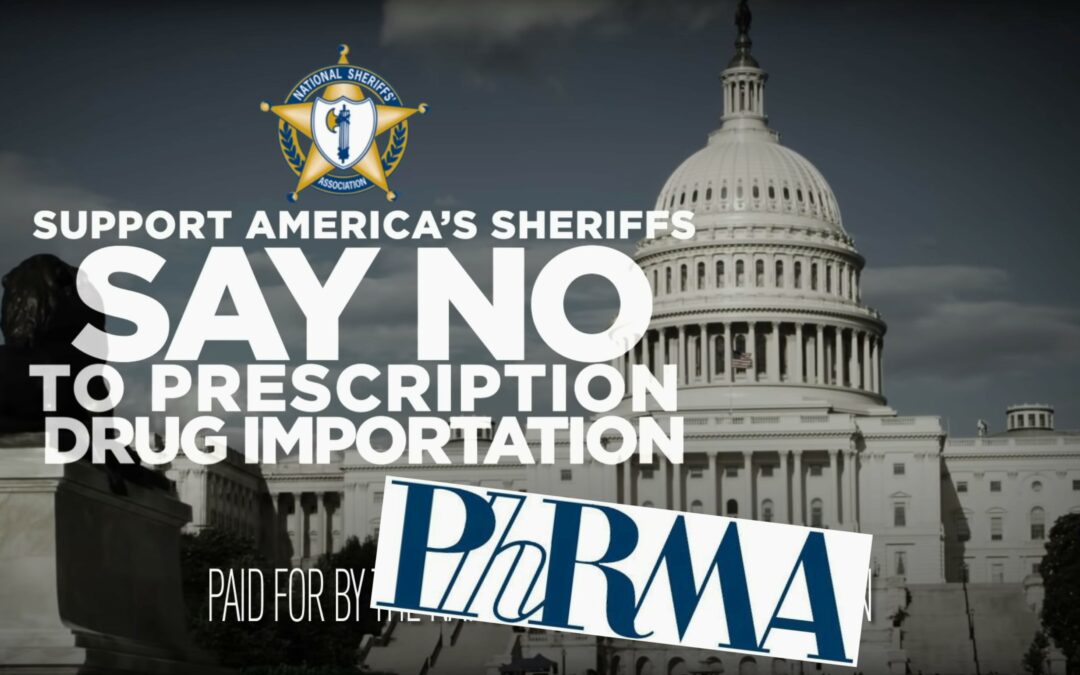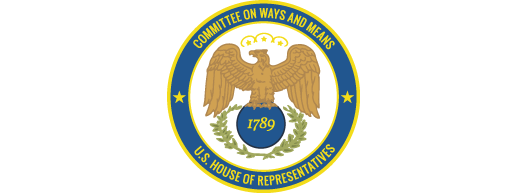by Gabriel Levitt, President, PharmacyChecker.com and Prescription Justice | Oct 25, 2019 | Big Pharma
This week, journalist Ben Elgin of Bloomberg published an exceedingly thorough and investigative report about how the Partnership for Safe Medicines (PSM), funded by the Pharmaceutical Researchers and Manufacturers of America (PhRMA), is behind a massive campaign to defeat drug importation proposals that seek to lower drug prices. In fact, the report disclosed that PSM apparently received $7 million in 2017 to oppose importation. But the story omitted what’s arguably most important to consumers now, as I see the evidence shows: PSM’s misinformation about access to lower-cost medicines available online from foreign pharmacies.
I’ve been writing about the Partnership for Safe Medicines since 2010. PharmacyChecker is a target of PSM’s “public education” campaigns about online pharmacies, and PSM is one of the defendants in our current antitrust lawsuit against several organizations funded by drug companies. PSM’s recent blitz against drug importation is not just about state wholesale drug importation proposals or Trump’s related initiatives: far from it. The evidence from its history shows it’s about undermining the case for personal drug importation.
The Bloomberg report points correctly to 2003, the year that legislation passed to allow importation from Canada, but with a poison pill built in. The Secretary of Health and Human Services would have to certify that the new imports would pose no new safety risks and would achieve significant savings. It was that same year that PhRMA hired Edelman, a public relations firm, to put together focus groups to find out how to stop Americans from importing their medications for personal use, since the federal prohibitions were not a deterrent (as no one is prosecuted for such small imports). PhRMA concluded that instilling fear of counterfeit drugs among consumers was the way of the future. That year, PSM was born.
(more…)Tagged with: bloomberg, Partnership for Safe Medicines
by Gabriel Levitt, President, PharmacyChecker.com and Prescription Justice | Oct 18, 2019 | Drug Prices
A few weeks back, I wrote about the House Ways and Means Committee international drug price report, which very competently compared U.S. patented drug prices with 11 other countries. The report found that 79 drugs, ones that account for 60% of Medicare drug spending, are on average priced just under 75% lower internationally vs. the U.S. when looking at ex-factory, meaning wholesale prices.
I half-joked that the Committee was recommending looking abroad for lower drug prices. They were not focusing on drug importation. However, the Committee held a hearing yesterday in which foreign drug prices were central to the debate. The focus of the hearing was a bill, H.R. 3, Lower Drug Costs Now Act, which seeks to lower drug prices in Medicare by empowering Medicare to negotiate with drug companies prices on certain, generally very expensive drugs. There’s a backstop in the bill if the drug companies won’t negotiate in which drugs would be priced at 120% of the average price of six high-income countries. That’s called international reference pricing. The bottom line here is that Congress is now shining a bright light on how much more expensive the “same” drugs are in the U.S. vs. abroad.
(more…)
by Gabriel Levitt, President, PharmacyChecker.com and Prescription Justice | Oct 11, 2019 | Drug Prices
The FDA has finished draft guidance on one of two of the
Trump administration’s drug importation policy ideas, referred to as Pathway
II. The title of this post may seem like a joke for those of you who follow the
issue of drug importation in America, but it is real. As a reminder, in August 2019
the
administration took its support for drug importation a step further by
stating its willingness to support state drug importation programs, Pathway I,
and a new idea to give drug companies greater flexibility with their global
drug supplies to offer better prices in the U.S, called Pathway II.
Earlier this week, the guidance on Pathway II was sent to
the White House Office of Management and Budget (OMB), although I believe it’s
not public yet. I found out about the submission to OMB here (BioCentury). It doesn’t relate – at least not
directly – to personal drug importation, but it frees the hands of drug
companies to sell their own foreign versions of FDA-approved drugs at lower
prices in the U.S. market. Its indirect relation to personal drug importation
is noted at the end of this post.
Some of this is guesswork. It’s not entirely clear to me
what drugs are permissible under Pathway II and it won’t be until the draft
guidance is made public.
(more…)





